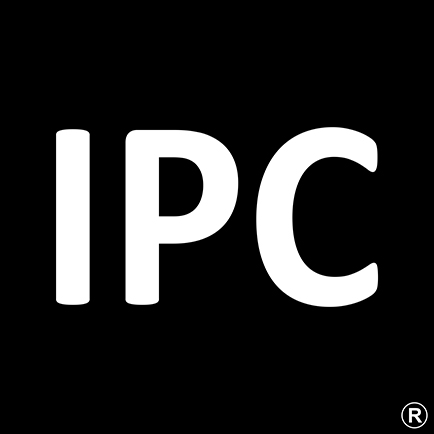Plastic product manufacturing depends on having a supply of high-quality input materials. If you’re making PVC products, you need to have reliable PVC granules suppliers who can deliver a consistent level of quality input materials.
However, this is not the only consideration plastic manufacturers need to keep in mind in the pursuit of producing quality products.
Let’s take a look at some of the quality control considerations that manufacturers need to keep in mind.
Quality Of Supply
As mentioned, it is crucially important that the quality of the plastic granules used in manufacturing your products is of the highest standard. Otherwise, it can negatively impact the consistency, strength, and overall performance of the final product.
Poor-quality granules can lead to inconsistent melt flow rates, impurities, and moisture content, all of which can cause defects in the final product.
To avoid weak spots, surface blemishes, or dimensional inaccuracies, it is essential to thoroughly check the quality of incoming raw materials and build a strong relationship with a reputable supplier, such as IPC.
Process Parameter Control
Controlling various process parameters, such as temperature, pressure, and cooling rates, is crucial for ensuring the quality of plastic products.
In extrusion processes, inconsistent temperatures or screw speeds can result in defects such as uneven thicknesses, surface waviness, and air bubbles, while uneven cooling can cause warping or shrinkage.
Similarly, in injection moulding, inconsistent temperatures, injection pressure, and cooling times can lead to defects like sink marks or incomplete filling.
To ensure a quality product, it is advised to use automated monitoring systems to track these parameters in real-time and to ensure the equipment is properly calibrated to maintain consistency.
Tooling And Die Maintenance
One of the most critical aspects of plastic manufacturing processes is the maintenance of moulds and dies, which define the shape, dimensions, and ultimate quality of the product.
If moulds or dies are worn out or poorly designed, they can result in dimensional flaws, imperfections, and improper flow of the molten material. To prevent these issues, moulds and dies should be regularly inspected for wear, corrosion, or clogging.
Preventative maintenance plays a vital role in resolving these problems, while computer-aided simulations can optimise mould and die designs to ensure uniform flow distribution.
As one of the leading PVC granules suppliers in South Africa, IPC can help you ensure that your plastics manufacturing delivers only the highest quality products by delivering the best quality input materials. Contact us today to find out more.


